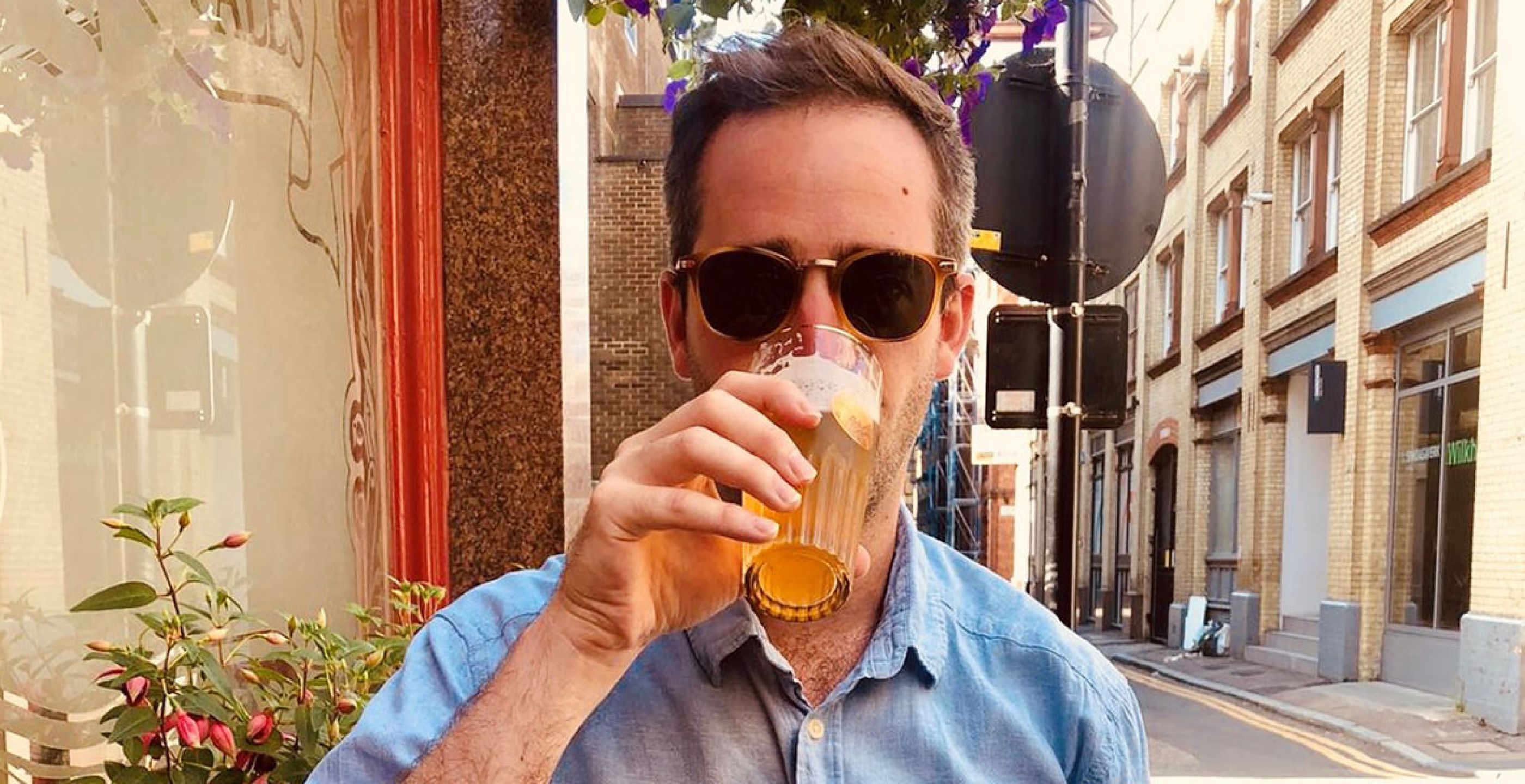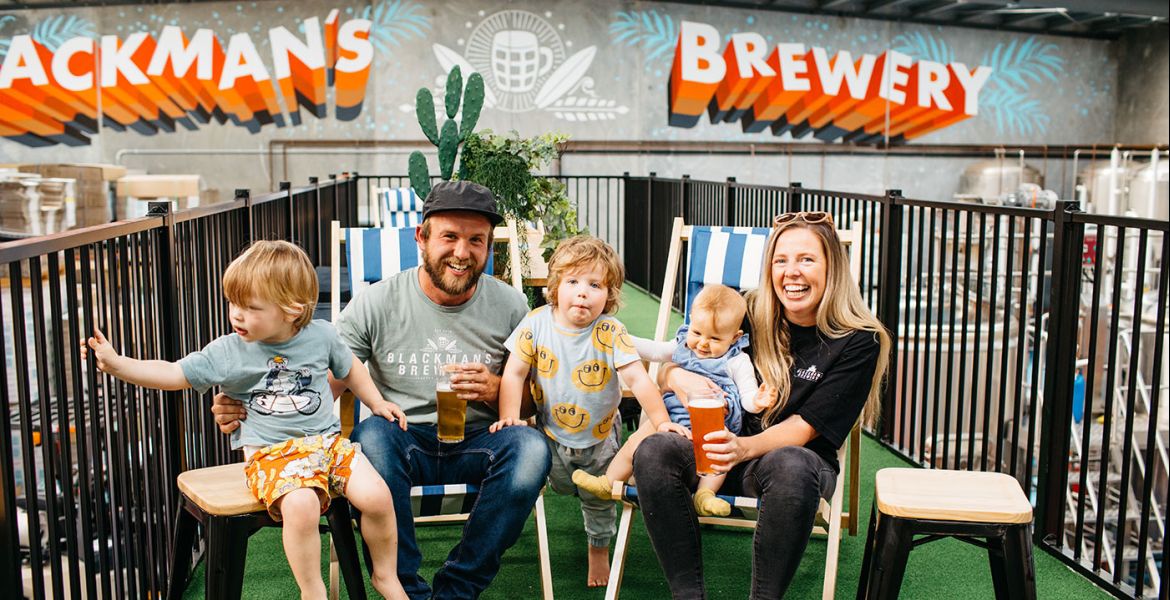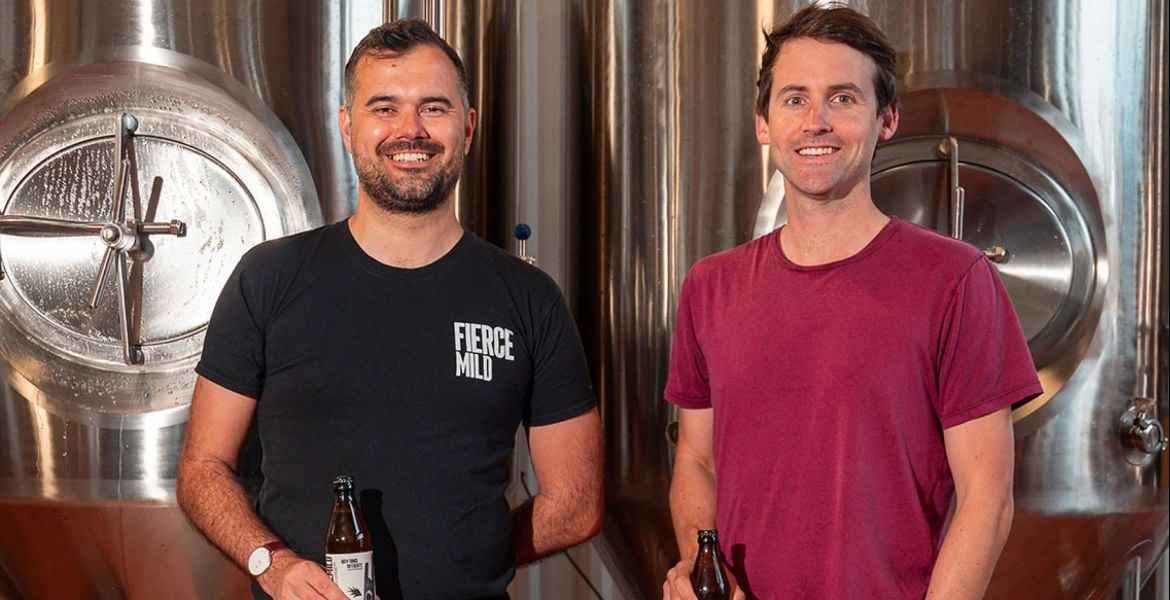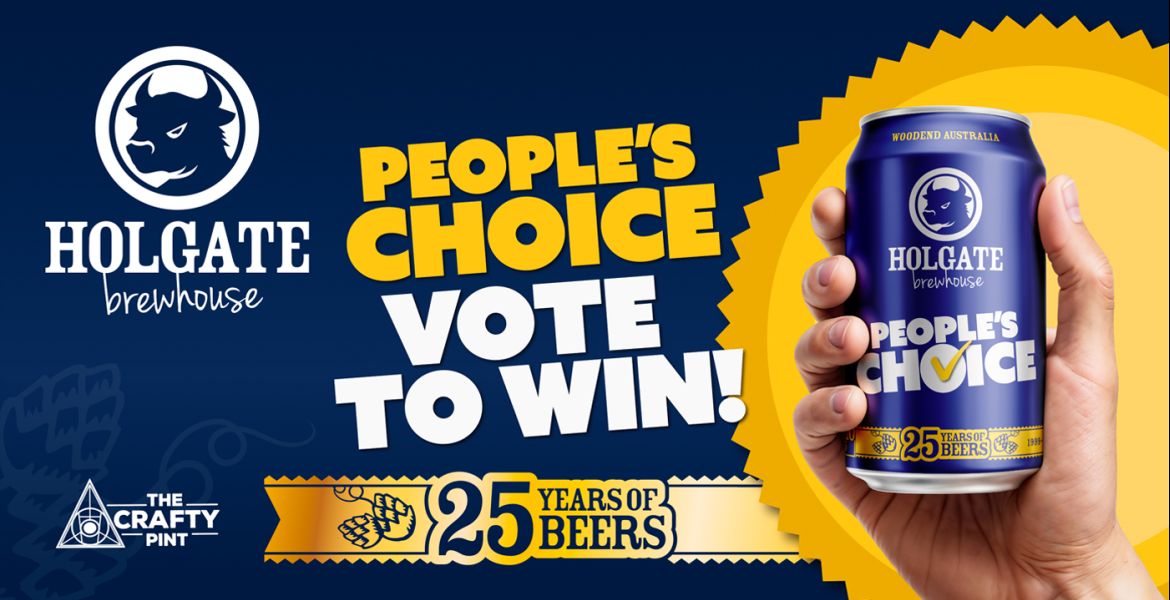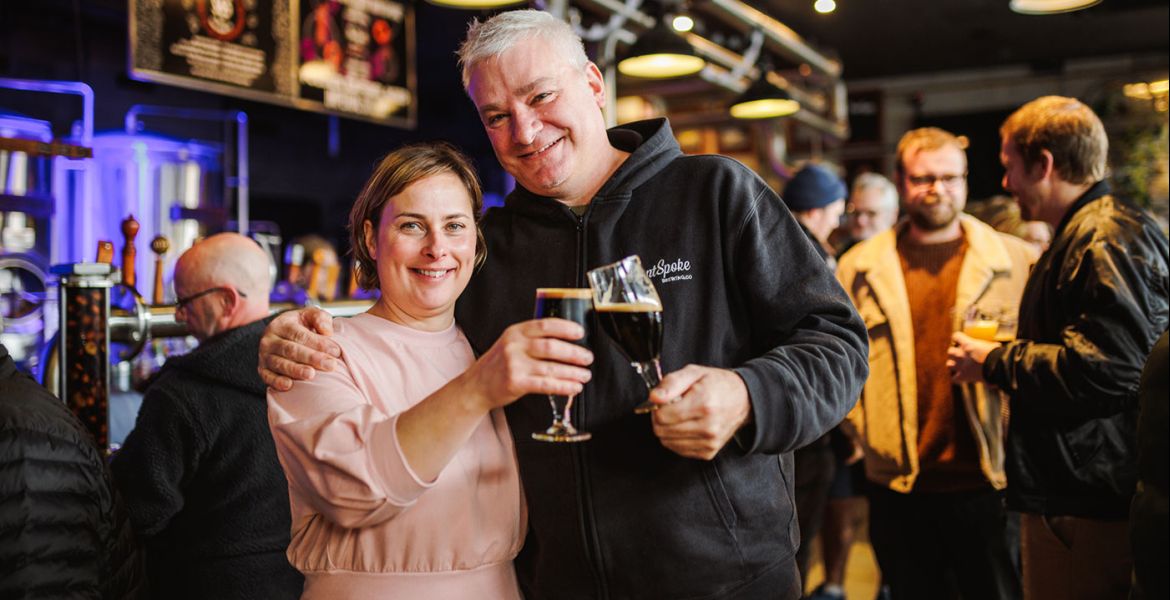You may well have met some of Australia's Certified Cicerones: beer servers, brewers, reps, educators – even passionate beer fans who have dedicated their time to learning more about beer under a formal framework.
But unless you've been to London recently, chances are you haven't met Australia's first Master Cicerone. Shane McNamara is in a minority of one, having become the first Australian to gain the requisite qualifications in the final weeks of last year – and achievement that has seen him join a group of only 19 Master Cicerones anywhere in the world.
Developed by Ray Daniels and based in Chicago, the Cicerone program has become something of an industry standard for those eager to show a level of expertise and understanding of beer, similar to the way sommelier works in the world of wine.
There are four levels of Cicerone in total, with Master the highest one can attain. Reaching the pinnacle requires a deep understanding of brewing, beer styles, pairing beer with food, and the ability to detect beer faults.
If you're wondering what it's like to study for such a certification, know that Shane spent close to ten months studying for around 20 hours a week while also working at his day job for a final two-day exam. Which frankly, is stressful enough just to write and offers some insight as to why the world's entire Master Cicerone cohort would only just manage to scrape together a full Aussie Rules starting lineup – and that's with a serious shortage of players on the bench.
As for that job, Shane's role as AB InBev's Global Manager for Innovation & Beyond Beer Quality sees him involved in a range of different parts of the brewing giant's operations, from recipe development to tracking consumer trends and mastering supply chain issues.
Having left Australia close to a decade ago, Shane has never worked in the beer industry in Australia, but the Brisbane boy did buy his first brewing supplies from Bacchus Brewing's homebrew business. And, as one of many to study brewing under Peter Aldred at Ballarat University (later Federation University), we feel like we can claim him as our own.
So, with that in mind, we asked Shane to join us for our Aussie Exports series.
Shane McNamara
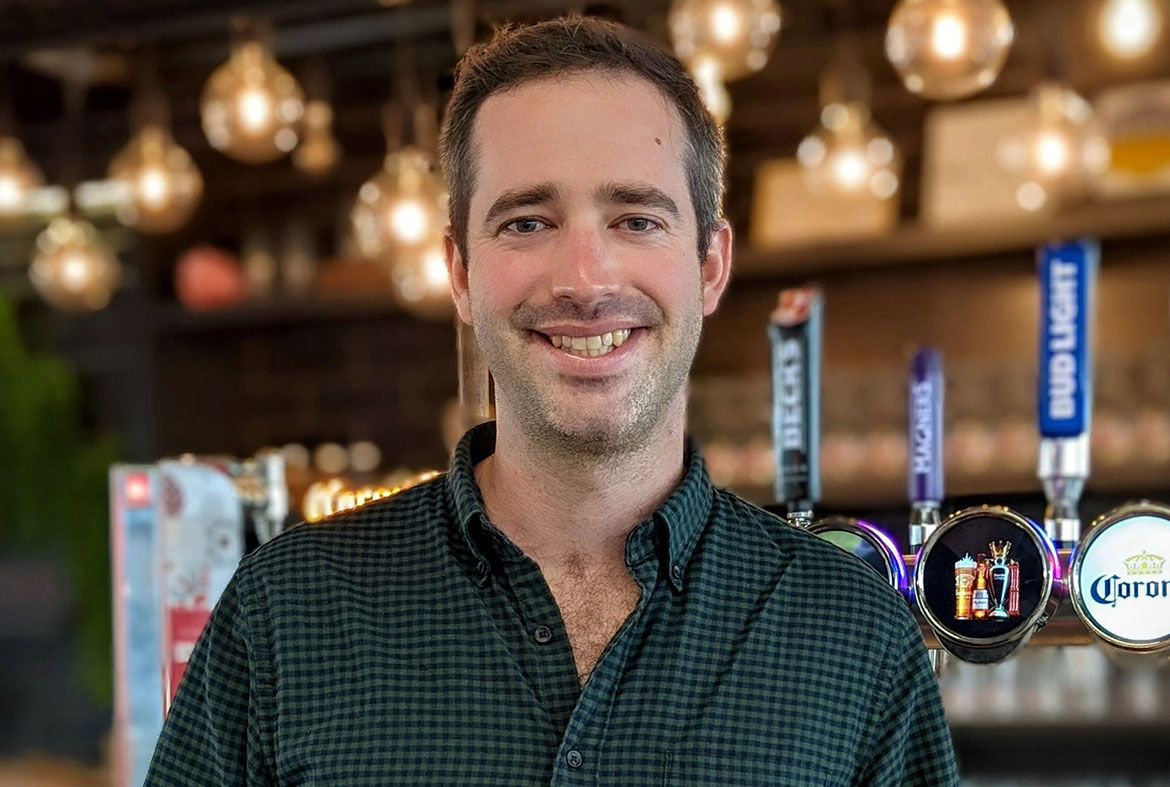
How long have you been living outside of Australia?
I have lived outside Australia for the past nine years now – dear lord, time flies…
Where are you based now?
I’m currently based in a place where the most exciting local food is fish and chips with vinegar – AKA London. To be fair, the Sunday roasts do compensate for the attempt to put vinegar on my chips. *[I'm with you there, Shane, and I grew up in the UK. Talk about crimes against humanity... Editor]*
What's your role in the beer world and how did you find yourself doing it?
I’m currently the Global Manager for Innovation & Beyond Beer Quality at AB InBev. In my current role, I help deliver a beverage that drinkers are looking for and ensure it is always of the highest quality. Day to day this can mean working with innovation teams on consumer trials and how we should approach them, liquid development specialists ensuring ingredients used and the recipes finalised are going to meet our expectations along with the consumers, and finally ensuring the production and supply chain footprint is able to meet fluctuating demand for what can be some rather left-of-field innovations!
My journey to where I am now started homebrewing in Brisbane over a decade ago, buying my supplies from Bacchus Brewing in Capalaba. Once I had completed my undergraduate in Law and Business, I’d decided a career in the brewing industry was far more enticing than the legal world. I subsequently undertook a course in brewing science at Ballarat University with Peter Aldred – eventually going on to complete a Masters in Brewing Science at Nottingham University.
I moved over to London, where I joined a craft brewery as a brewer for several years before joining the Institute of Brewing & Distilling as Senior Technical Officer. Eventually, I wanted to get back into the industry side of things and subsequently the opportunity to join ZX Ventures, the global investment and innovation group of AB InBev, arose to help lead a new space in Adjacencies (cider, wine, spirits, RTD) for the company and the rest is history.
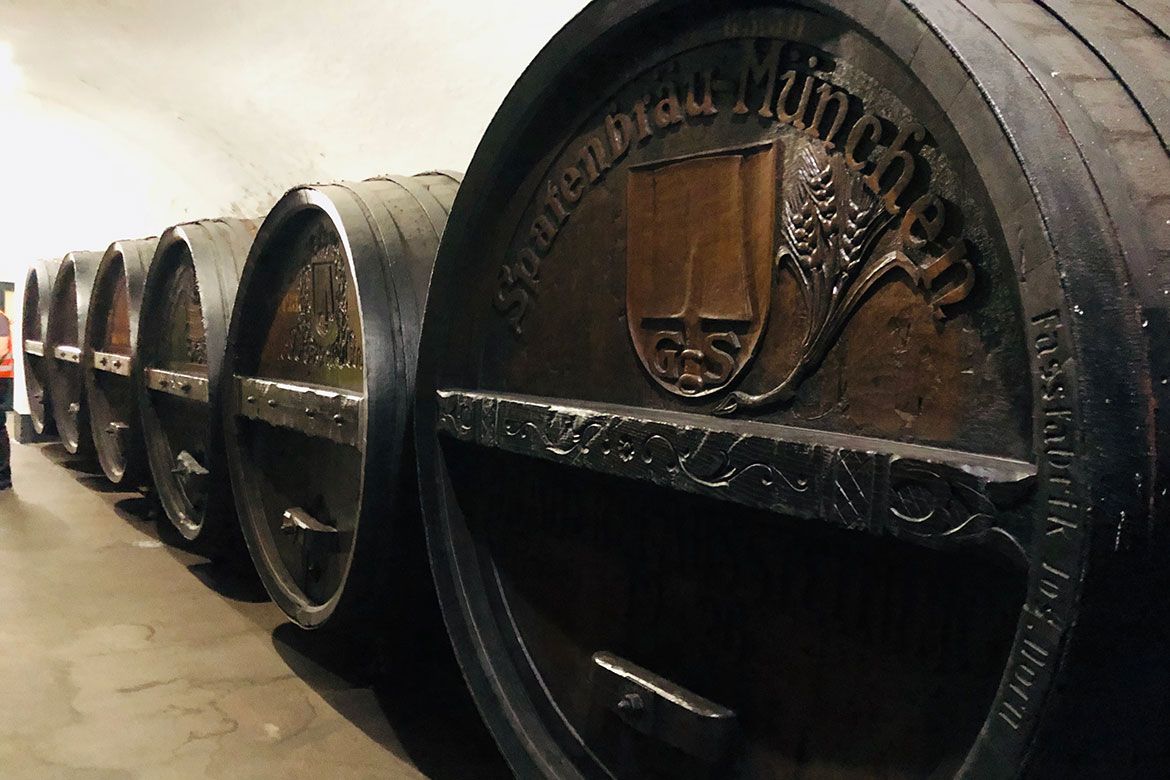
When was the last time you were back in Australia? Have you had much chance to spend time at breweries here?
The last time I was back in Australia was in 2019 for judging at the Australian International Beer Awards and enjoying the festivities of Good Beer Week in Melbourne.
Unfortunately, current global events have kept me away a little longer than I’d have liked. I always enjoy travelling back home to see what’s happening amongst the beer scene there – to be honest, I have somewhat of an outsider's perspective as most of my career in the beer industry has been overseas.
The Australian beer scene excels (and has for a long time) at brewing beers full in flavour and refreshment between 3.5 and 4.5 percent ABV – the likes of Stone & Wood, Balter, Little Creatures, Stomping Ground and Young Henrys always come to mind in this space. This is something the world can learn from Australian brewers in terms of ingredients, process, flavour and balance.
When borders are back open, what should Australians make sure they don't miss out in your neck of the woods?
Talking London specifically, as a beer enthusiast you can’t go past the Bermondsey Beer Mile. There are over a dozen breweries (also a cidery and distillery along the way) all located under the railway arches running into London Bridge station. Walking along from place to place on a sunny Saturday afternoon is one of the more jovial and enjoyable activities to undertake in London – aside from admiring the Babel in Tate Modern, that artwork piece is neat!
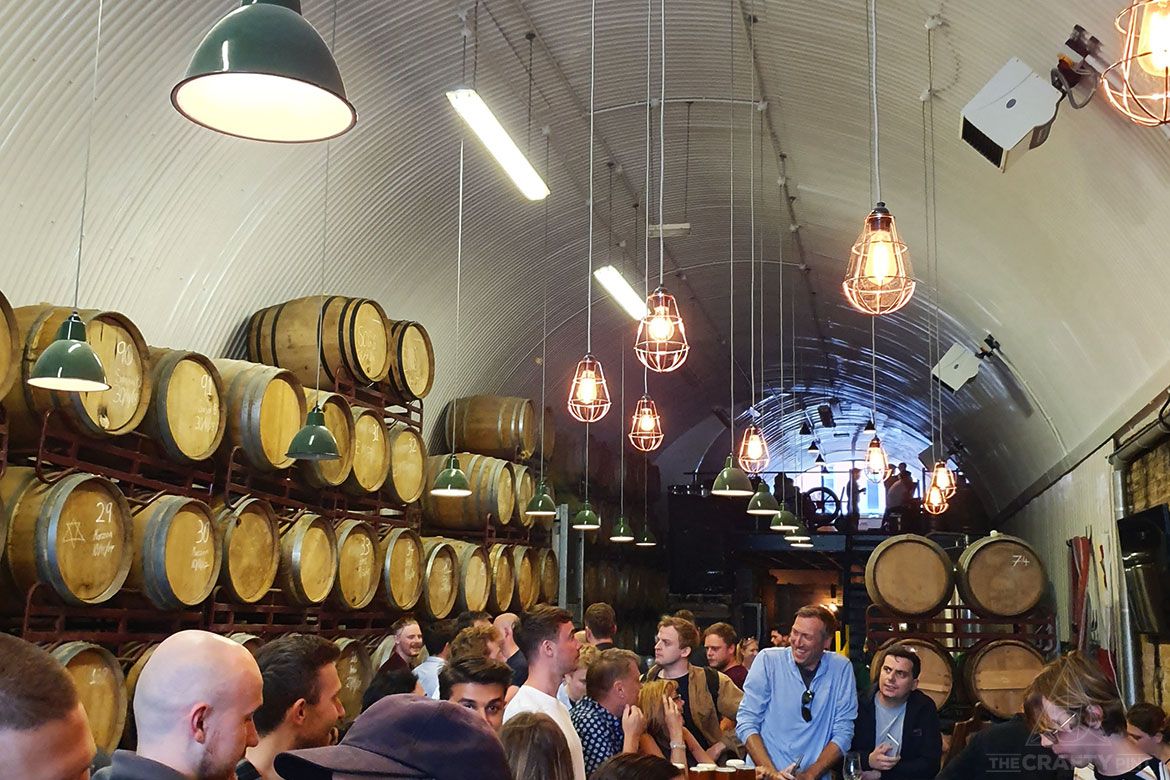
What led you to undertake the Master Cicerone accreditation?
It’s always been in my nature to want to learn everything about what I’m doing and perfect it. This is what lead me from being a homebrewer to wanting to go and study my Masters in Brewing Science. Not satisfied with that, I wanted to deep-dive on all aspects of beer itself; while I had expertise in the brewing process, styles, sensory, draught dispense, food pairings were something I wanted to learn more about.
In the age of overnight experts, side-hustlers and talking heads, having authenticity, knowledge and understanding is a superpower. I saw the Cicerone program itself as an educational body and journey I could take to further my knowledge in beer in a credible and globally recognised way. Me being me, I also wanted to master it – so of course, I was going to try and accomplish the Master Cicerone qualification.
How did you study for it? And can you give us an understanding of the kind of time and energy that went into it?
Preparation for the exam began around ten months beforehand. On average I’d study 20 hours a week – encompassing reading, tasting and practicing essays. The most difficult portion is probably the tasting section where you have a range of focus areas including blind beer styles, off-flavours, and descriptive profiling. This is something you cannot read but must be able to do.
To fulfil this skill I engaged with the local homebrewing community to judge any and all BJCP competitions that were on, judged at professional competitions such as the AIBA and World Beer Awards, and set up a study group with others who were either looking to learn more or also on their Cicerone certification pathway.
To be honest, there are certainly more dull topics one could have to study – beer isn’t one of them!
What about the exam itself? How does that look?
The Master exam is undertaken in Chicago at the Cicerone headquarters. Over two days, you undertake 16 essays, 12 oral interviews and eight tasting panels. Topics covered include keeping and serving beer, styles, flavour and evaluation, ingredients and brewing processes, and pairing beer with food. The exam puts your mental strength to the test with the pass mark set at 85 percent. Not only do you have to be correct most of the time, you have to also have the depth in all areas as well. Fall short in one area and you will need to excel in another to compensate.
When it comes to the Master Exam, you not only have to talk the talk but walk the walk. In the morning you might be writing an essay about saison, providing detailed ingredient and process information along with five different examples from three different countries and accompanying tasting notes; during midday a stop-go tasting panel of ten blind beer samples with varying (or no) spiked off-flavours, and in the afternoon fixing a broken draught dispense system.
If you could give one bit of advice for anyone looking to boost their beer knowledge, what would it be?
Read the book Tasting Beer by Randy Mosher. This is such a fundamentally accurate and seminal book that covers all aspects of beer, history, brewing, flavours and food pairing – it will take you leaps and bounds on your journey to broadening your knowledge.
You can check out other Aussie Exports features here. Know an Australian working in the beer industry elsewhere? Let us know.



